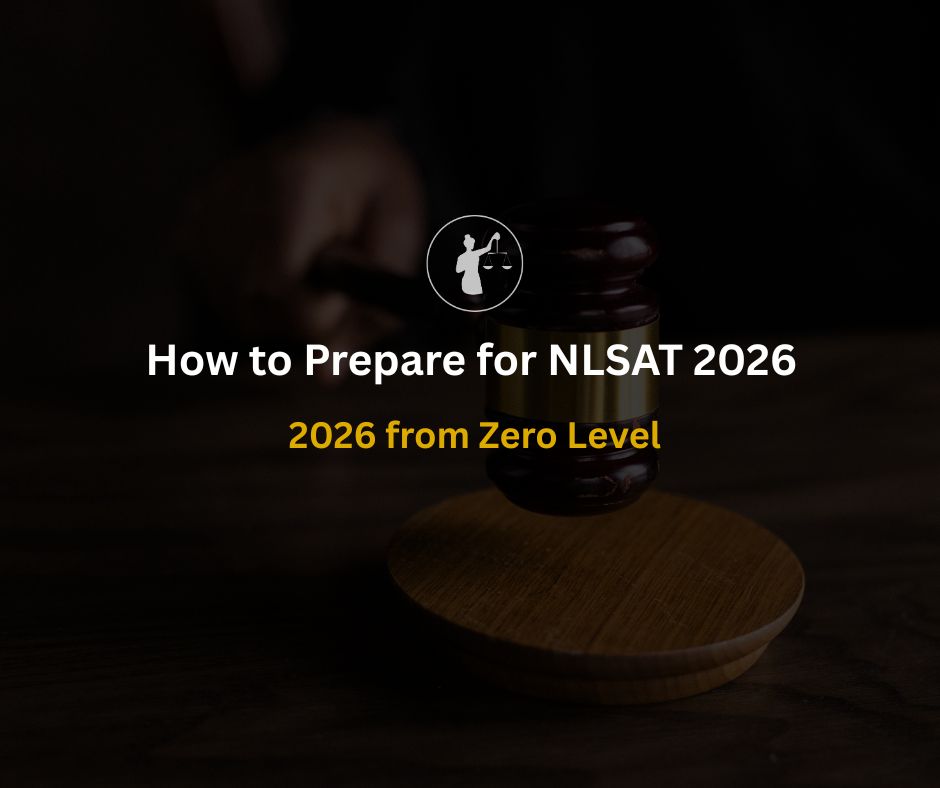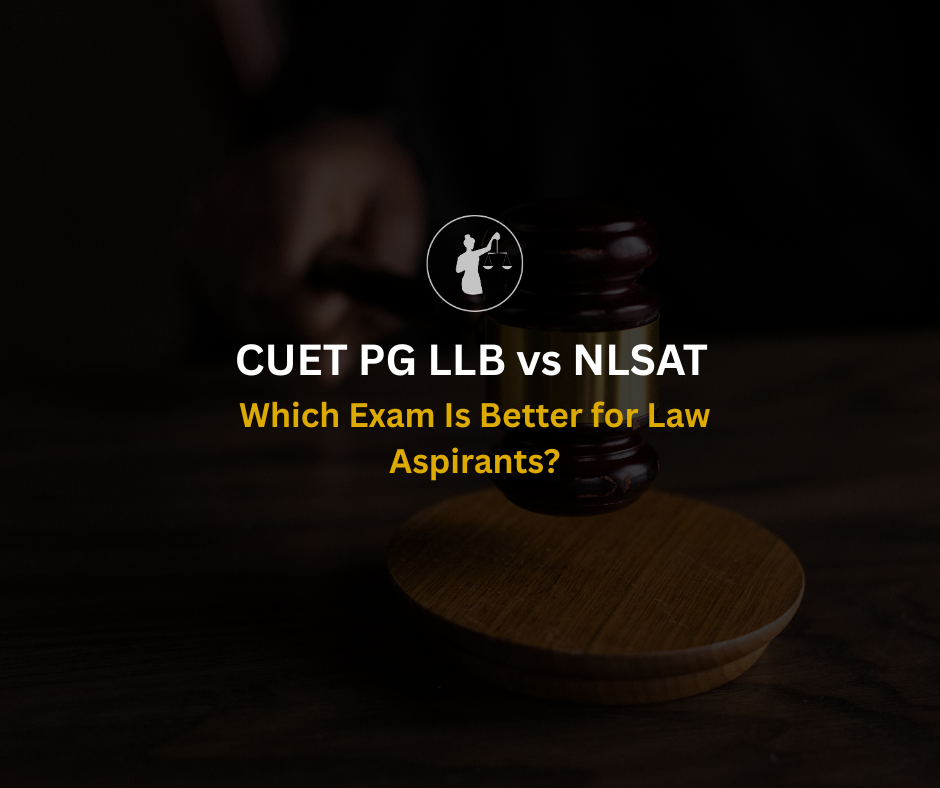
If you're a non-law graduate preparing for CUET PG LLB 2025, you might be wondering: "How do I tackle Legal Aptitude without prior legal education?" The good news?
While CUET PG LLB doesn’t directly test legal reasoning like CLAT PG or AILET PG, it still demands a sound understanding of law-related current affairs, constitutional basics, and logical analysis often tied to governance and rights. Here's how you can align your CUET PG LLB syllabus preparation to master legal aptitude even without a law background.
CUET PG DU LLB ONLINE COACHING
Technically, legal aptitude isn’t a separate section in the CUET PG LLB syllabus. However, questions relating to legal reasoning, basic legal awareness, and constitutional knowledge often appear in:
General Knowledge & Current Affairs (especially law & polity)
Reading Comprehension (passages on legal themes)
Logical Reasoning (legal puzzles or governance-based deductions)
So while there is no direct legal section, indirect testing of legal aptitude is embedded in the exam pattern of CUET PG LLB.
While the official CUET PG LLB syllabus doesn't isolate legal reasoning, the test is designed to assess legal awareness through contextual reasoning and reading.
Read More : CUET PG LLB Papers, Why & How to Use Past Questions
You don’t need an LLB to prepare effectively. Here’s a tailored list for non-law grads preparing legal aptitude under the CUET PG LLB syllabus:
Indian Constitution: Fundamental Rights, DPSPs, Schedules, Amendments
Judiciary System: Hierarchy, PIL, Judicial Review
Law-Making Process: Role of Parliament, Bills vs Acts
Legal Terms: Habeas Corpus, Contempt, Writs, FIR, Cognizable Offence
Important Laws: RTI Act, IPC basics, IT Act, Motor Vehicles Act
Landmark Judgments (e.g., Right to Privacy, Basic Structure doctrine)
Recent Bills (e.g., Criminal Law Bill, Women’s Reservation Bill)
National & International Legal Developments
Law Commission Reports
Election Commission and EC-related controversies
Use trusted sources like PRS India, LiveLaw, and NLTI’s monthly digests to align your GK prep with CUET PG LLB needs.
All these resources are non-law graduate friendly and mapped to the core of the cuet pg llb paper pattern.
Read More : CUET PG DU LLB Mocks: Top Mistakes to Avoid
Right to Education and Digital Divide
Article 21 and Privacy Rights
Judicial Activism vs Judicial Overreach
Uniform Civil Code Debates
Constitutional Morality & Dissent
These are indirectly legal but directly test your analytical skills and constitutional awareness both integral to the CUET PG LLB syllabus.
Q1. Do I need to memorize IPC sections?
No. The CUET PG LLB syllabus doesn’t require deep legal codes. Focus on concepts, judgments, and governance basics.
Q2. Can I skip legal topics since there’s no Legal Reasoning section?
Not advisable. Law-themed RCs and GK questions are common. Legal awareness gives you a competitive edge in CUET PG LLB.
Q3. I’m from a Science/Commerce background. Will I struggle?
Not if you follow structured, simplified material. Many CUET PG LLB toppers come from non-humanities streams and crack legal aptitude through practice and smart prep.
If you're a non-law graduate wondering whether you can crack legal aptitude for CUET PG LLB 2025, the answer is a resounding yes. You don’t need to study law for three years to understand how our Constitution works or what makes a landmark Supreme Court judgment relevant to your exam.
The CUET PG LLB syllabus is designed to test aptitude, not legal expertise. With the right resources, curated current affairs, and a topic-based study plan, you can outperform even those from legal backgrounds.
Looking for structured guidance?
NLTI offers:
Subject-wise CUET PG LLB Mentorship
Weekly Workshops
CUET PG LLB Test Series (GK + RC + Reasoning Focused)
Sign up now to access our curated PYQs, syllabus trackers, and law-themed RC banks tailored for CUET PG LLB success.





